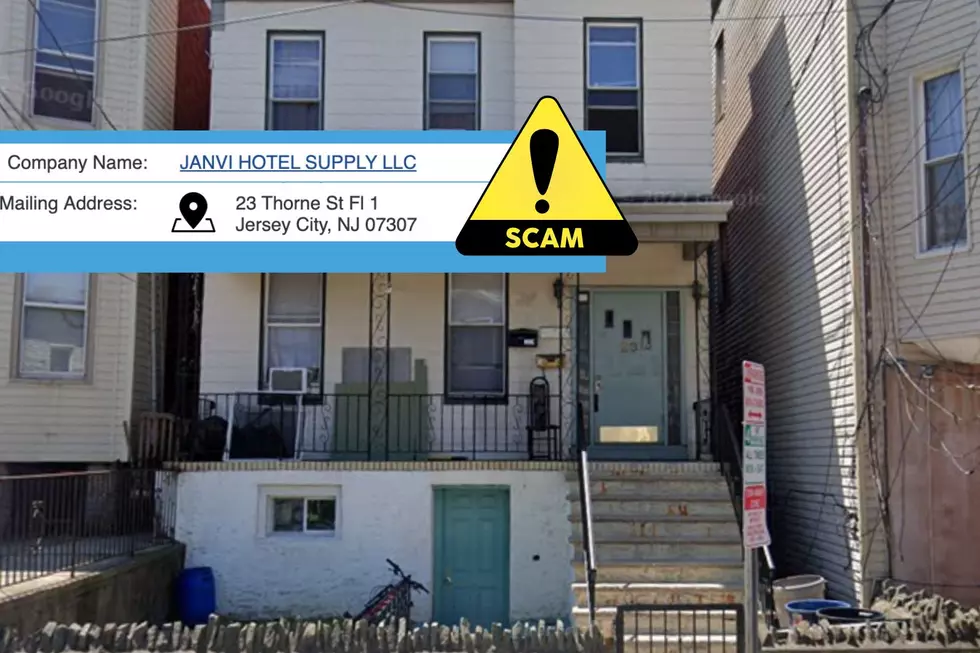![Organized Crimes Affecting More Retail Stores [AUDIO]](http://townsquare.media/site/385/files/2012/10/Crime-Scene-Tex-Texin.jpg?w=980&q=75)
Organized Crimes Affecting More Retail Stores [AUDIO]
Shoplifting is nothing new to shop owners, but stores are being ripped off in record numbers from a rise of Organized Retail Crime.
A new report from the National Retail Federation shows 93.5 percent of retailers say they've been a victim of ORC, with eight in 10 businesses believing the trend is increasing with Northern New Jersey and New York ranking in the top ten for Organized Retail Crime.
NRF Vice President of Loss Prevention Rich Mellor says ORC involve several individuals working together to shoplift merchandise in large quantities, often participating in elaborate systems which are used to expand the operation.
"Some are creating distractions while others steal, sometimes thefts are so big multiple people are packaging up and concealing the merchandise they are taking out of the store."
The items are then sold by the criminals either on the streets or on online auction sites for below retail values. Mellor says popular items, such as electronics, toys, and clothes are targeted because it guarantees a quick turnaround of the product. However, it hurts honest consumers who will venture into their favorite stores and find the items they want are not available.
"They might not be able to get it."
In addition to selling online or at makeshift vendor set-ups, Mellor says criminals will also take the stolen merchandise and return it to a store for credit, often given on gift cards, which they in turn sell for cash.
"And then they're selling the cards which they're getting a lot of money for. If they have a 100 dollar gift card, they might get 90 dollars if they sell it."
Retailers are stuck playing a "cat and mouse" game when it comes to dealing with ORC organizations. Mellor says stores will put security packaging on popularly stolen items or keep them behind lock-and-key. However, he notes that makes for a less than pleasant shopping experience for honest customers. The increase security measures also must be paid for by store owners, often at a cost passed down to consumers.
"You might have to raise the prices on merchandise for what it costs to protect it and have it," says Mellor.
One of the problems law enforcement has apprehending ORC syndicates, is their operations span several states, creating jurisdiction issues.
The NRF is pushing for federal legislation to address the ORC's, specifically for the amendment of the Federal Criminal Code to define it as a federal crime with the appropriate sentencing.
More From New Jersey 101.5 FM









